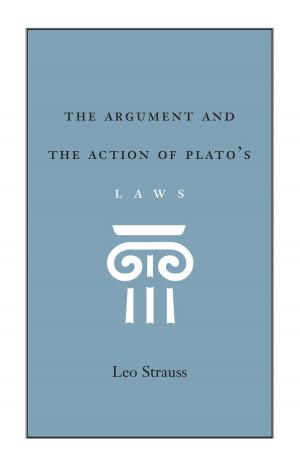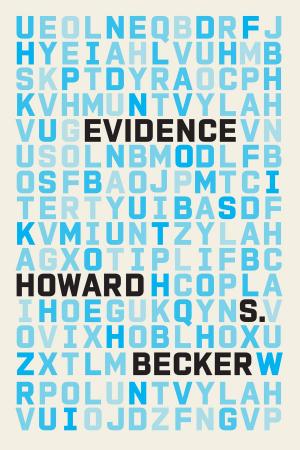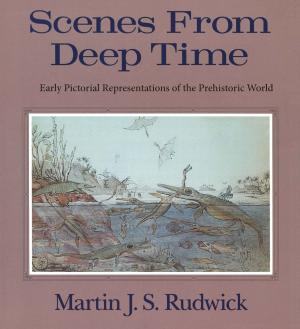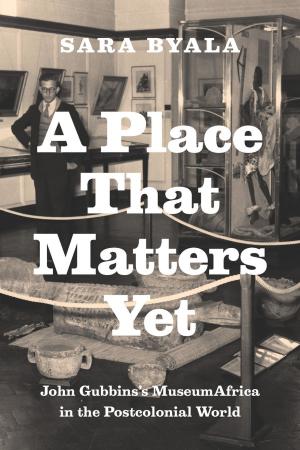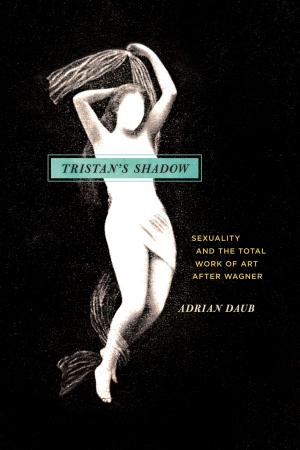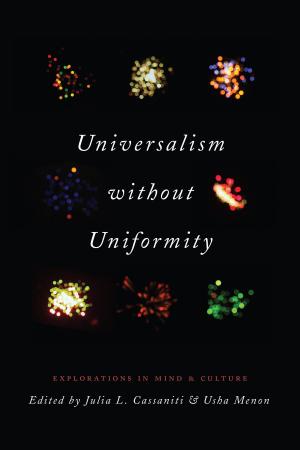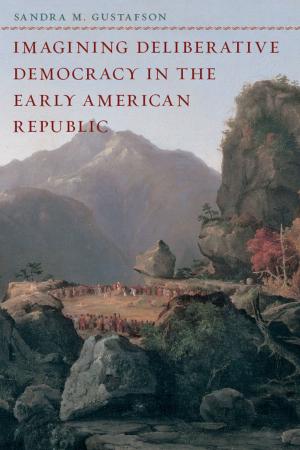Galileo's Idol
Gianfrancesco Sagredo and the Politics of Knowledge
Nonfiction, History, Italy, Science & Nature, Science, Other Sciences| Author: | Nick Wilding | ISBN: | 9780226167022 |
| Publisher: | University of Chicago Press | Publication: | November 27, 2014 |
| Imprint: | University of Chicago Press | Language: | English |
| Author: | Nick Wilding |
| ISBN: | 9780226167022 |
| Publisher: | University of Chicago Press |
| Publication: | November 27, 2014 |
| Imprint: | University of Chicago Press |
| Language: | English |
Galileo’s Idol offers a vivid depiction of Galileo’s friend, student, and patron, Gianfrancesco Sagredo (1571–1620). Sagredo’s life, which has never before been studied in depth, brings to light the inextricable relationship between the production, distribution, and reception of political information and scientific knowledge.
Nick Wilding uses as wide a variety of sources as possible—paintings, ornamental woodcuts, epistolary hoaxes, intercepted letters, murder case files, and others—to challenge the picture of early modern science as pious, serious, and ecumenical. Through his analysis of the figure of Sagredo, Wilding offers a fresh perspective on Galileo as well as new questions and techniques for the study of science. The result is a book that turns our attention from actors as individuals to shifting collective subjects, often operating under false identities; from a world made of sturdy print to one of frail instruments and mistranscribed manuscripts; from a complacent Europe to an emerging system of complex geopolitics and globalizing information systems; and from an epistemology based on the stolid problem of eternal truths to one generated through and in the service of playful, politically engaged, and cunning schemes.
Galileo’s Idol offers a vivid depiction of Galileo’s friend, student, and patron, Gianfrancesco Sagredo (1571–1620). Sagredo’s life, which has never before been studied in depth, brings to light the inextricable relationship between the production, distribution, and reception of political information and scientific knowledge.
Nick Wilding uses as wide a variety of sources as possible—paintings, ornamental woodcuts, epistolary hoaxes, intercepted letters, murder case files, and others—to challenge the picture of early modern science as pious, serious, and ecumenical. Through his analysis of the figure of Sagredo, Wilding offers a fresh perspective on Galileo as well as new questions and techniques for the study of science. The result is a book that turns our attention from actors as individuals to shifting collective subjects, often operating under false identities; from a world made of sturdy print to one of frail instruments and mistranscribed manuscripts; from a complacent Europe to an emerging system of complex geopolitics and globalizing information systems; and from an epistemology based on the stolid problem of eternal truths to one generated through and in the service of playful, politically engaged, and cunning schemes.


